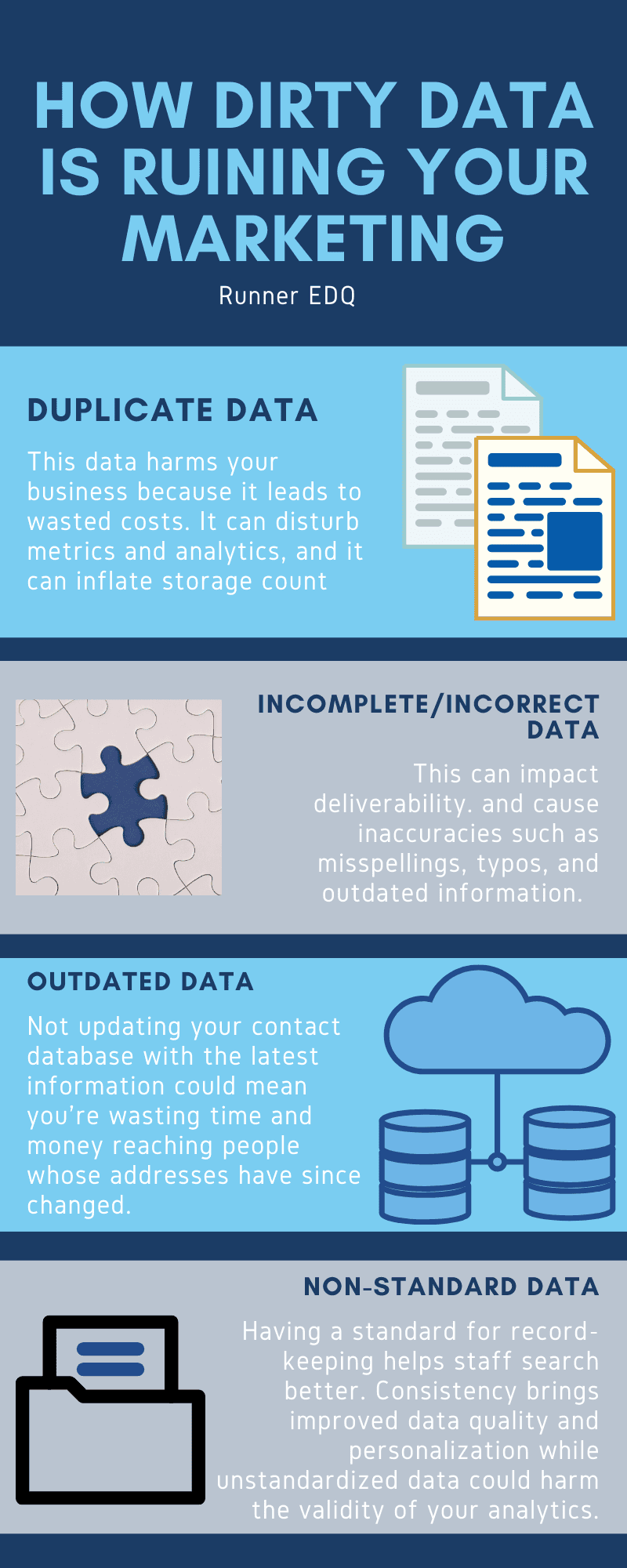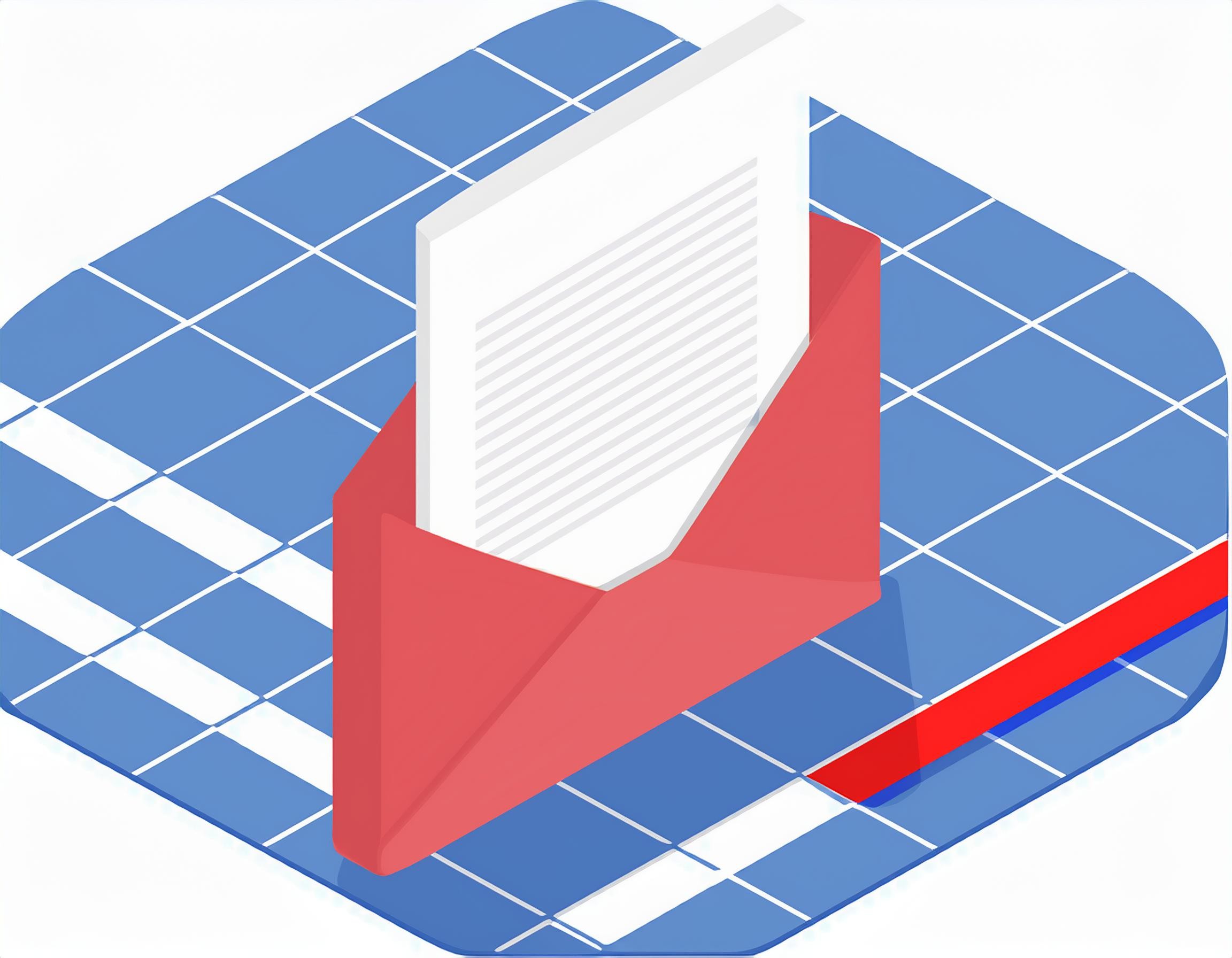Why Cleaning is Necessary
3 MINUTE READ
Dirty data finds its way into your database in various ways. It can happen through batch imports, manual entries, 3rd party connectors, and data migration. Data can be considered “dirty” if it’s incomplete, inaccurate, or irrelevant. Therefore, dirty data could be hurting your business in more ways than one. To ensure you have a clean database, you have to first identify the types of dirty data to avoid. They are:
Duplicate data
Duplicate data can come in different forms; it can be carbon copies of a single contact, but it can also be multiple entries for one contact but with non-matching records. And if you’re still building a database manually, you probably won’t discover duplicates until you search your database for contacts, accounts, and leads.
Duplicate data harms your business because it leads to wasted costs and, therefore, lost income. For example, you may be paying for an email marketing platform that charges you based on the number of emails in your email list. Therefore, duplicate data can not only mess up metrics and analytics, but it’s also inflating storage count.
If your list is riddled with duplicates, then you’re paying for unnecessary entries. Duplicate data also runs the risk of sending multiple messages to one person, ruining your brand reputation, ruining targeting and personalization goals, and wasting your marketing efforts.
Incomplete or incorrect data
Incomplete and incorrect data can impact deliverability. For example, addresses that are missing zip codes could mean mail gets returned or unaccepted. On the other hand, inaccurate data can also involve any inaccuracies such as misspellings, typos, and outdated information. These blanks and inaccuracies that impact the integrity of your database lead to low efficiency, business interruptions, and decreased productivity. It may also wreak havoc on your marketing and sales efforts.
Outdated data
Customer, client, and employee data is ever-changing. People move and change addresses all the time. People get promoted and change titles. Leadership teams may change altogether. Not updating your contact database with the latest information could mean you’re wasting time and money reaching people who either don’t live or work at the addresses you have on file anymore. The email addresses you have on record may have also changed, especially if the company was acquired or changed its branding and its email addresses.
Non-standard data
Each company has a standard way of recording data; it may be how they file addresses or names. Having a standard for record-keeping helps staff search better. It’s also essential for automation processes. Making sure your data is internally consistent through its content and format also ensures interoperability and improves the data quality and personalization. Unstandardized data could also be harming the validity of your analytics, making it challenging for you to analyze the performance of your marketing campaigns.







